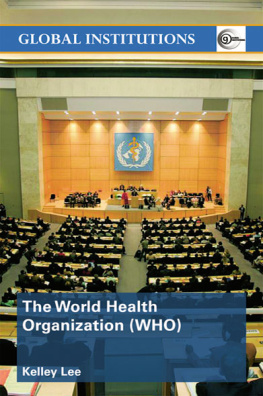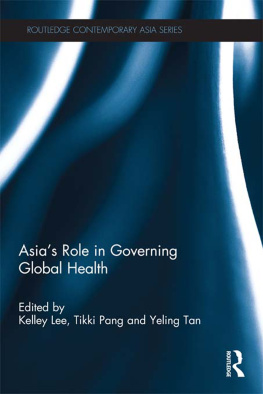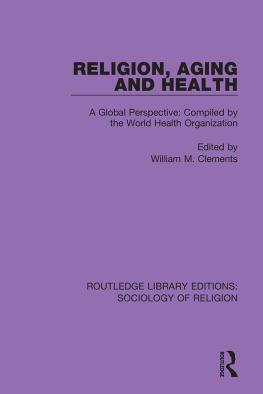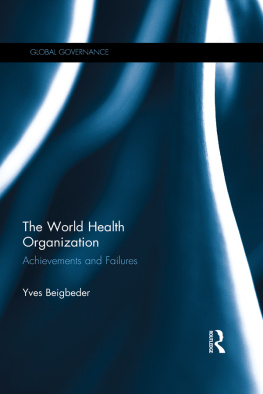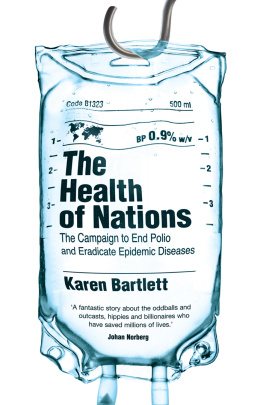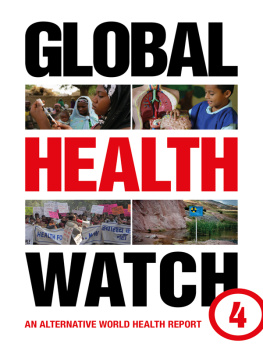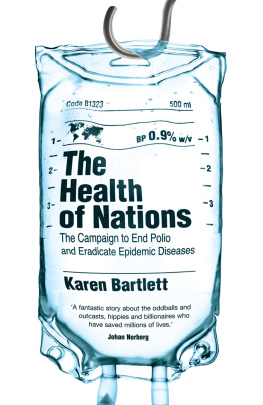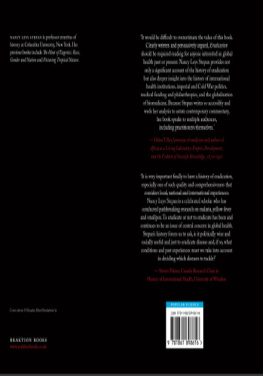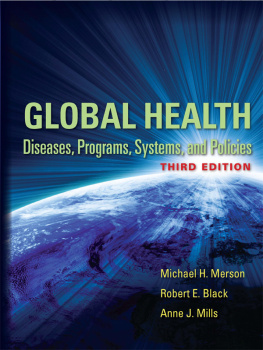Edited by Thomas G. Weiss
The CUNY Graduate Center, New York, USA
The Global Institutions Series is designed to provide readers with comprehensive, accessible, and informative guides to the history, structure, and activities of key international organizations. Every volume stands on its own as a thorough and insightful treatment of a particular topic, but the series as a whole contributes to a coherent and complementary portrait of the phenomenon of global institutions at the dawn of the millennium.
Books are written by recognized experts, conform to a similar structure, and cover a range of themes and debates common to the series. These areas of shared concern include the general purpose and rationale for organizations, developments over time, membership, structure, decision-making procedures, and key functions. Moreover, current debates are placed in historical perspective alongside informed analysis and critique. Each book also contains an annotated bibliography and guide to electronic information as well as any annexes appropriate to the subject matter at hand.
The United Nations and Human Rights (2005)
A guide for a new era
by Julie Mertus (American University)
The UN Secretary General and Secretariat (2005)
by Leon Gordenker (Princeton University)
United Nations Global Conferences (2005)
by Michael G. Schechter (Michigan State University)
The UN General Assembly (2005)
by M.J. Peterson (University of Massachusetts, Amherst)
Internal Displacement (2006)
Conceptualization and its consequences
by Thomas G. Weiss (The CUNY Graduate Center) and David A. Korn
Global Environmental Institutions (2006)
by Elizabeth R. DeSombre (Wellesley College)
The UN Security Council (2006)
Practice and promise
by Edward C. Luck (Columbia University)
The World Intellectual Property Organization (2006)
Resurgence and the development agenda
by Chris May (University of Lancaster)
The North Atlantic Treaty Organization (2007)
The enduring alliance
by Julian Lindley-French (European Union Centre for Security Studies)
The International Monetary Fund (2007)
Politics of conditional lending
by James Raymond Vreeland (Yale University)
The Group of 7/8 (2007)
by Hugo Dobson (University of Sheffield)
The World Economic Forum (2007)
A multi-stakeholder approach to global governance
by Geoffrey Allen Pigman (Bennington College)
The International Committee of the Red Cross (2007)
A neutral humanitarian actor
by David P. Forsythe (University of Nebraska) and
Barbara Ann Rieffer-Flanagan (Central Washington University)
The Organization for Security and Co-operation in Europe (2007)
by David J. Galbreath (University of Aberdeen)
United Nations Conference on Trade and Development (UNCTAD) (2007)
by Ian Taylor (University of St. Andrews) and Karen Smith (University of Stellenbosch)
A Crisis of Global Institutions? (2007)
Multilateralism and international security
by Edward Newman (University of Birmingham)
The World Trade Organization (2007)
Law, economics, and politics
by Bernard M. Hoekman (World Bank) and Petros C. Mavroidis (Columbia University)
The African Union (2008)
Challenges of globalization, security, and governance
by Samuel M. Makinda (Murdoch University) and F. Wafula Okumu (Institute for Security Studies)
Commonwealth (2008)
Inter- and non-state contributions to global governance
by Timothy M. Shaw (Royal Roads University and University of the West Indies)
The European Union (2008)
by Clive Archer (Manchester Metropolitan University)
The World Bank (2008)
From reconstruction to development to equity
by Katherine Marshall (Georgetown University)
Contemporary Human Rights Ideas (2008)
by Bertrand G. Ramcharan (Geneva Graduate Institute of International and Development Studies)
The United Nations High Commissioner for Refugees (UNHCR) (2008)
The politics and practice of refugee protection into the twenty-first century
by Gil Loescher (University of Oxford), Alexander Betts (University of Oxford), and James Milner (University of Toronto)
The International Olympic Committee and the Olympic System (2008)
The governance of world sport

